
Kristy Brock has a primary research interest in the interaction of human modeling and radiation therapy. She has investigated the ability of biomechanical models to enhance the veracity of human deformable modeling, and has evaluated the accuracy of deformable alignment methods applied to radiation oncology problems such as contour propagation and dose accumulation. She developed MORFEUS, a comprehensive system for deformable modeling, and lead several investigations in its use on radiation therapy, correlative pathology, and other areas of interest. Over the past few years, she has expanded the biomechanical models to describe anatomical response to radiation, including volume changes and position within the human body.
In the 27 years since “adaptive radiotherapy” was first described by Dr. Di Yan the field has seen unprecedented advances in computation power and artificial intelligence. These advances have had a significant impact on the development and clinical translation of adaptive radiotherapy tools. We will look at the evidence obtained over the past 2.5 decades, what has been integrated into standard clinical practice, and what opportunities are now possible to explore.
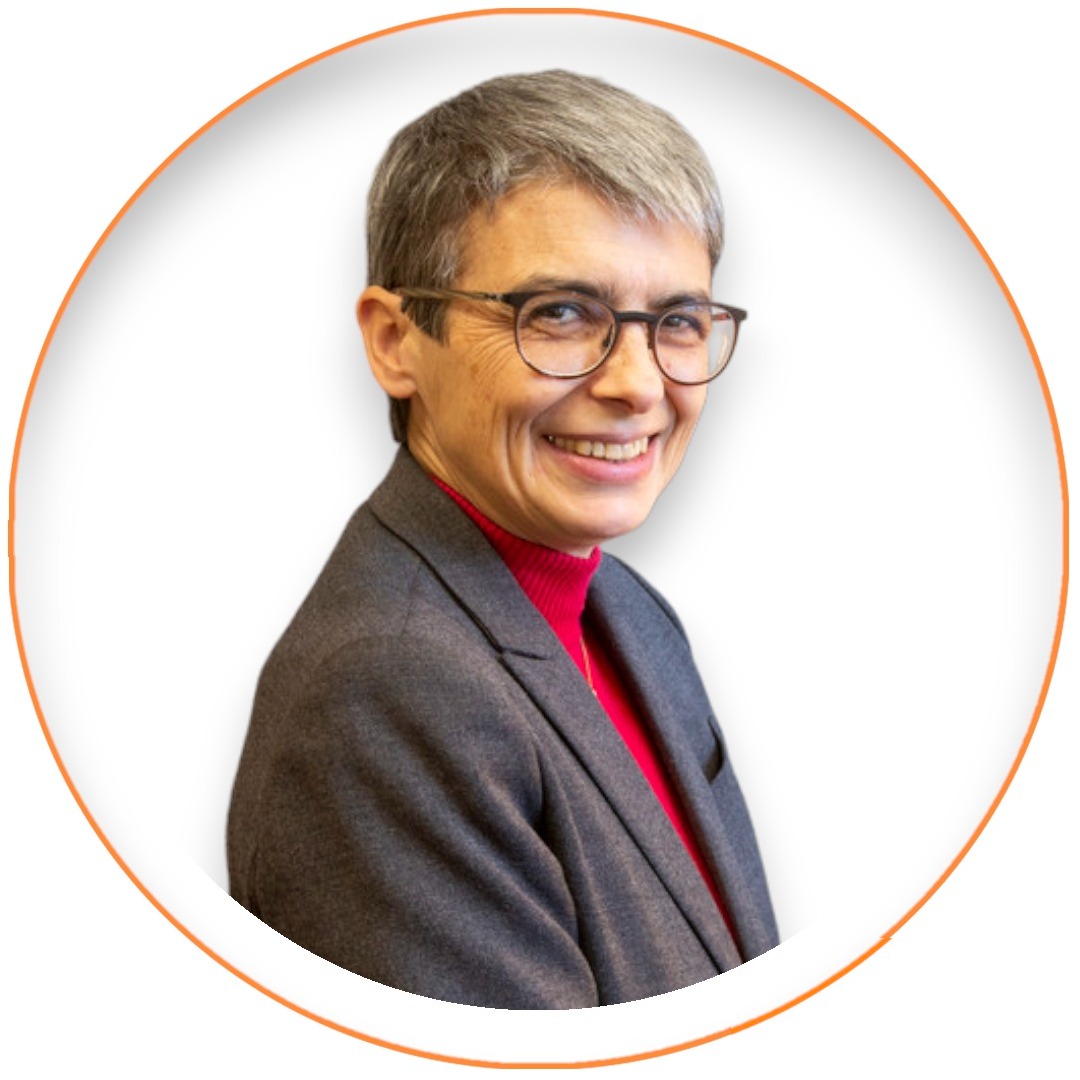
Irène Buvat is a physicist, specializing in molecular imaging through positron emission tomography (PET). She leads the Translational Imaging Laboratory in Oncology (LITO, U1288 Inserm - Institut Curie) at the Institut Curie. Her research focuses on the development and validation of new biomarkers from PET images to support precision medicine. Irène Buvat is a staunch advocate of reproducible research, and her laboratory, with the help of Christophe Nioche, has developed the free software LIFEx for conducting radiomics studies (high-throughput feature extraction from medical images). Currently, this software is being used by more than 5,000 people worldwide.
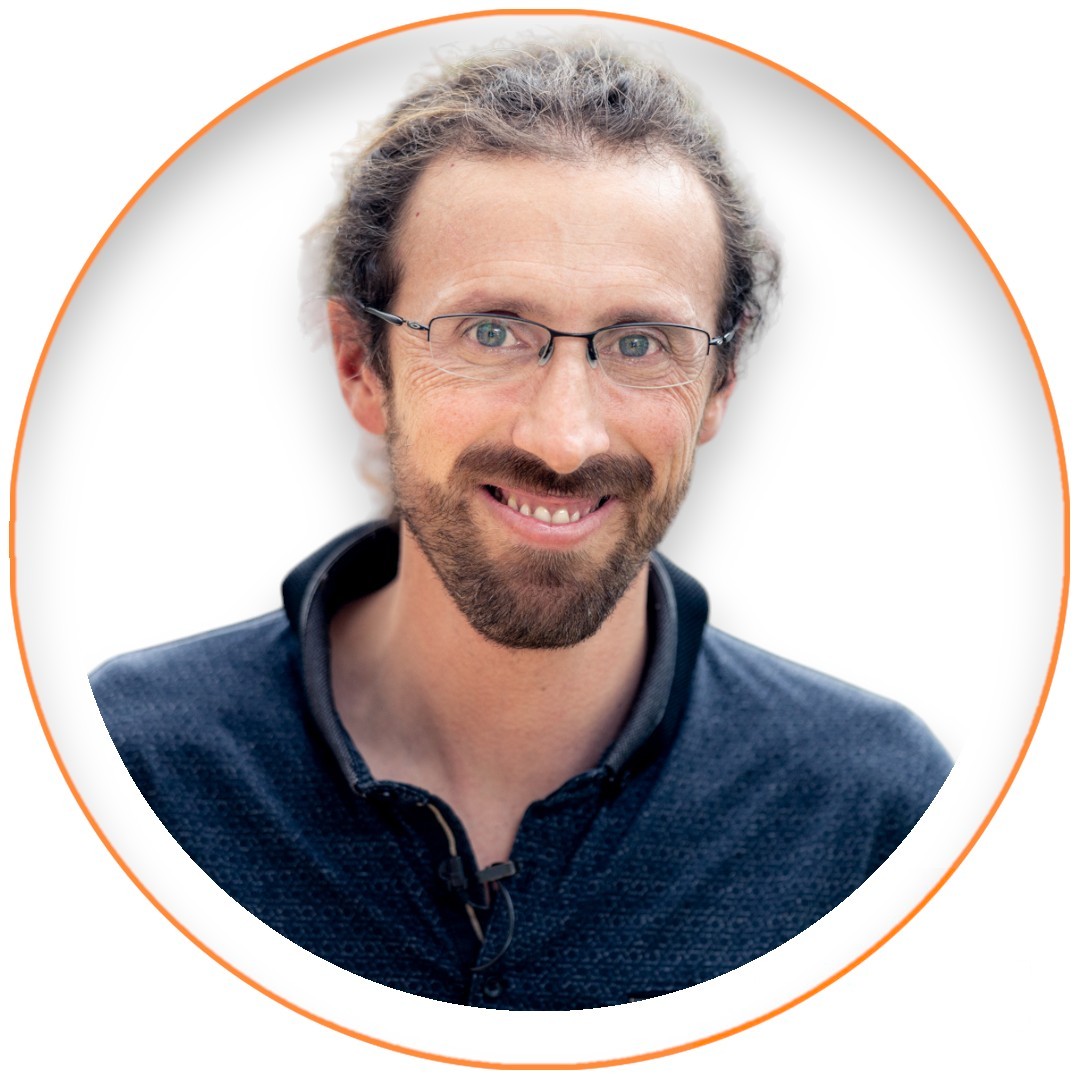
Gaël Varoquaux is a research director working on data science at Inria (French computer science national research) where he leads the Soda team. Varoquaux's research covers fundamentals of artificial intelligence, statistical learning, natural language processing, causal inference, as well as applications to health, with a current focus on public health and epidemiology. He also creates technology: he co-funded scikit-learn, one of the reference machine-learning toolboxes, and helped build various central tools for data analysis in Python.
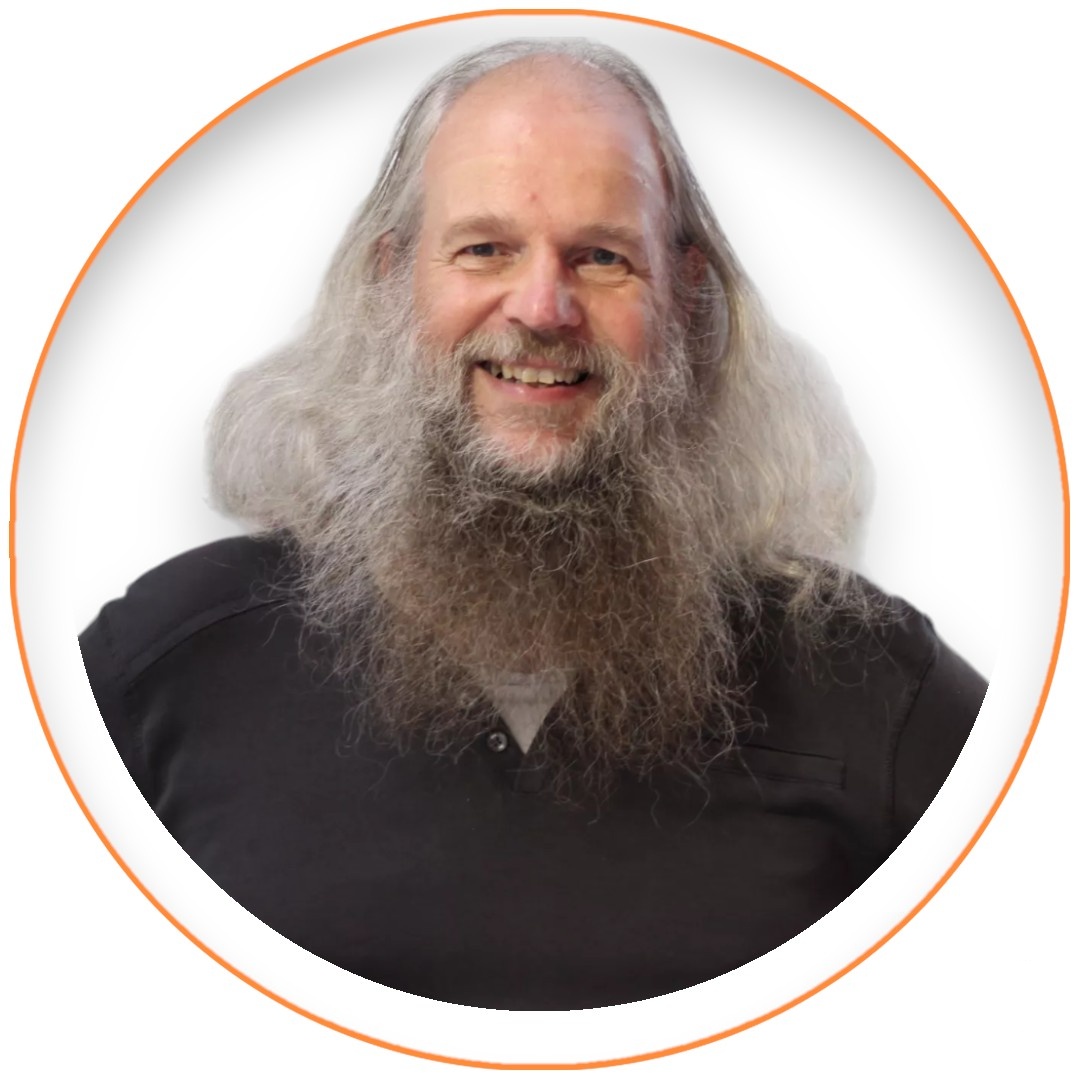
Physicist Marcel van Herk is responsible for a programme of international leading cancer research and innovation, closely interfaced with clinical practice. The group’s focus is on improving accuracy of radiation therapy including target volume definition, treatment planning, image guidance and imaging-based treatment follow-up generating real-world evidence from very large cohorts of patients.
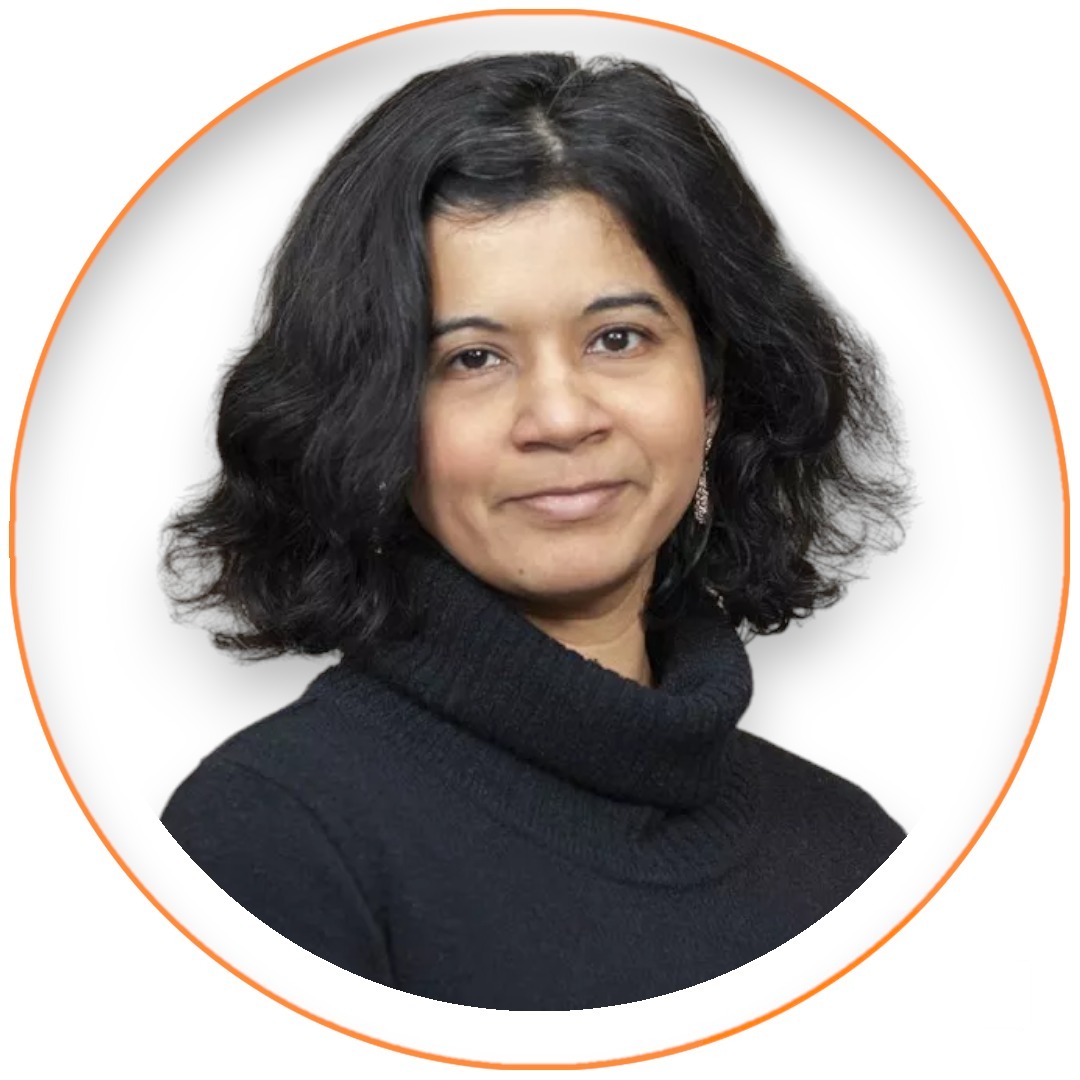
Harini Veeraraghavan is an associate attending computer scientist in the department of medical physics at Memorial Sloan Kettering (MSK) Cancer Center, NY. She is the director of AI for image guided therapies lab at MSK. She leads and directs the clinical translation of AI methods developed by her group for radiotherapy treatment automation. Her research interests are primarily in advancing AI and image analysis solutions for personalized and precision cancer treatments. She leads several projects involving lung and GU/GYN cancers for solving problems related to developing and clinically implementing AI methods for image guided adaptive radiation treatments as well as longitudinal tumor treatment response monitoring. She also develops radiomics and multi-modality integrated AI solutions for prognosticating and predicting cancer treatment response.
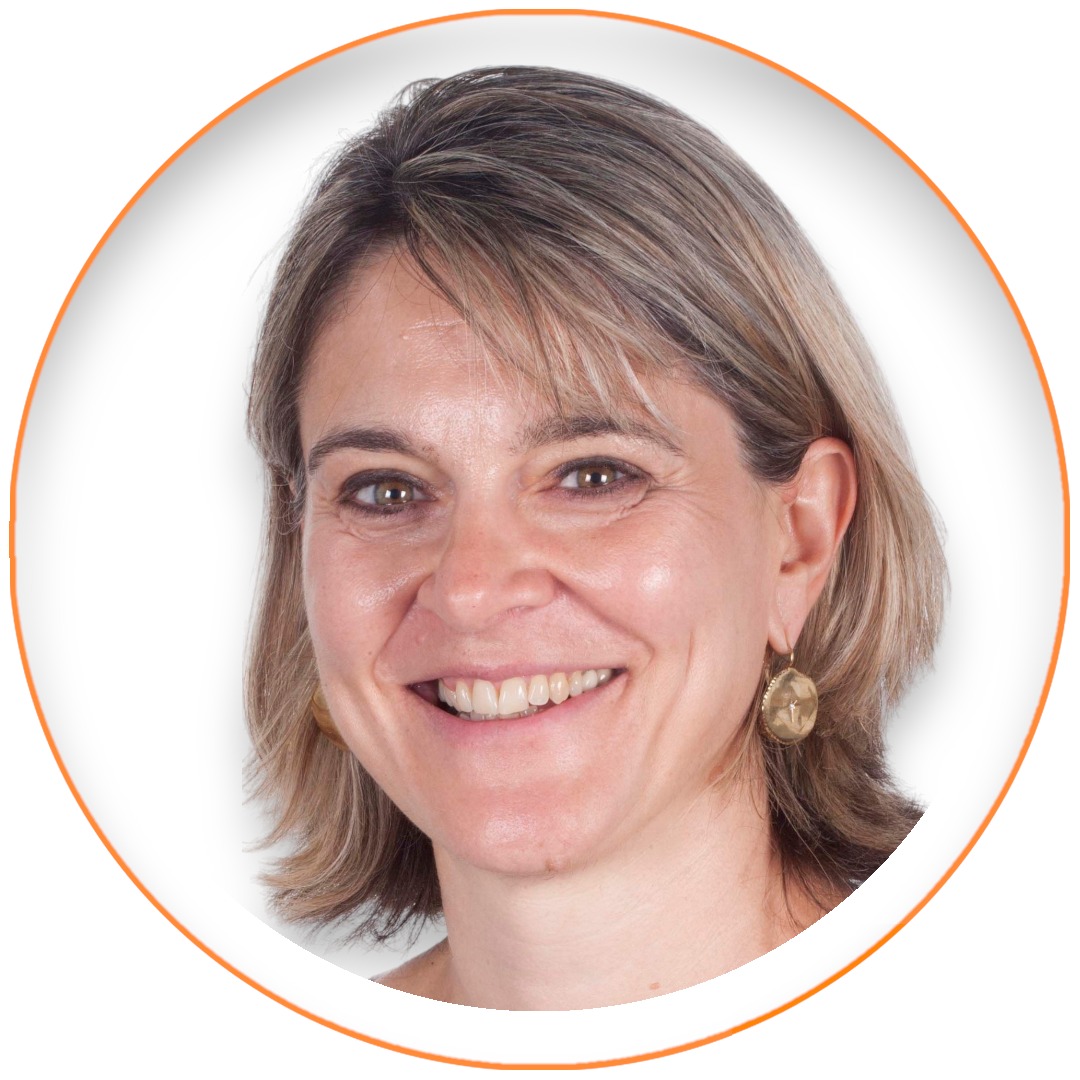
Corinne Faivre-Finn is a Professor of Thoracic Radiation Oncology at the University of Manchester and Honorary Consultant Clinical Oncologist. She has numerous professional roles including radiotherapy research lead for Manchester Cancer Research Centre & the Cancer Research UK Lung Cancer Centre of Excellence, Chair of the ESTRO Lung Focus Group and Chair of the Early NSCLC EORTC Lung Group.
She has led numerous trials studying radiotherapy in lung cancer and is an author of international guidelines on the management of patients with lung cancer (ESMO, BTS, EORTC, ESTRO, ERS, ASTRO). In recent years, recognising the limitation of conventional clinical trials, she has developed a keen interest in real word data and pragmatic trials. She leads a programme of research focused on the concept of rapid-learning and an electronic patient reported outcome initiative at her institution.
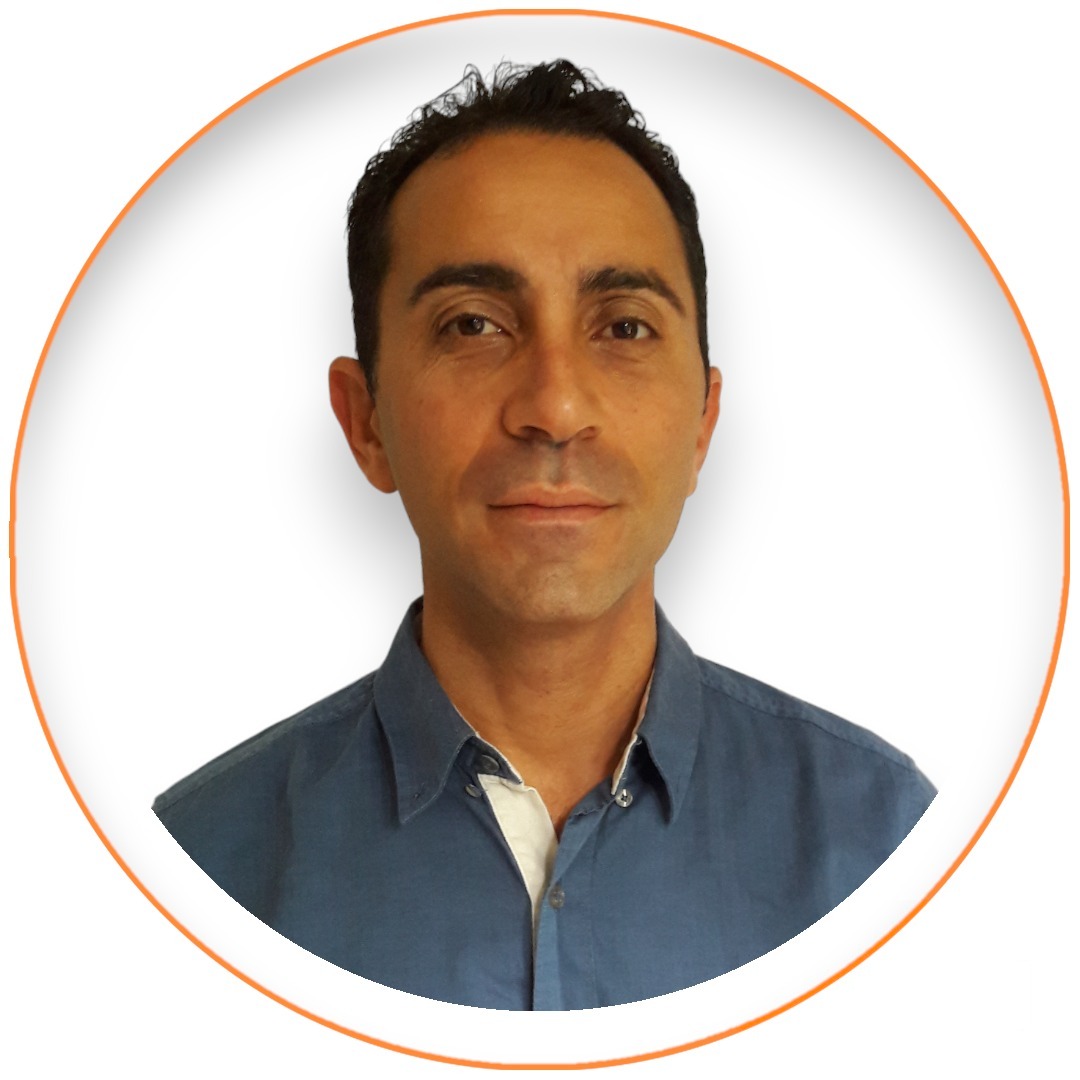
Gérald Gaglio is full professor of sociology in the Côte d’Azur University (France). He is a sociologist of innovation. He tries to emphasize the societal issues due to the dissemination and massive use of technologies in our societies. For the past fifteen years, he has been particularly interested in the world of medicine and how it is being challenged by these developments, particularly in the way of work is carried out and how the healthcare relationship evolves. His latest research focuses on the adoption (and non adoption) of AI devices in radiology.
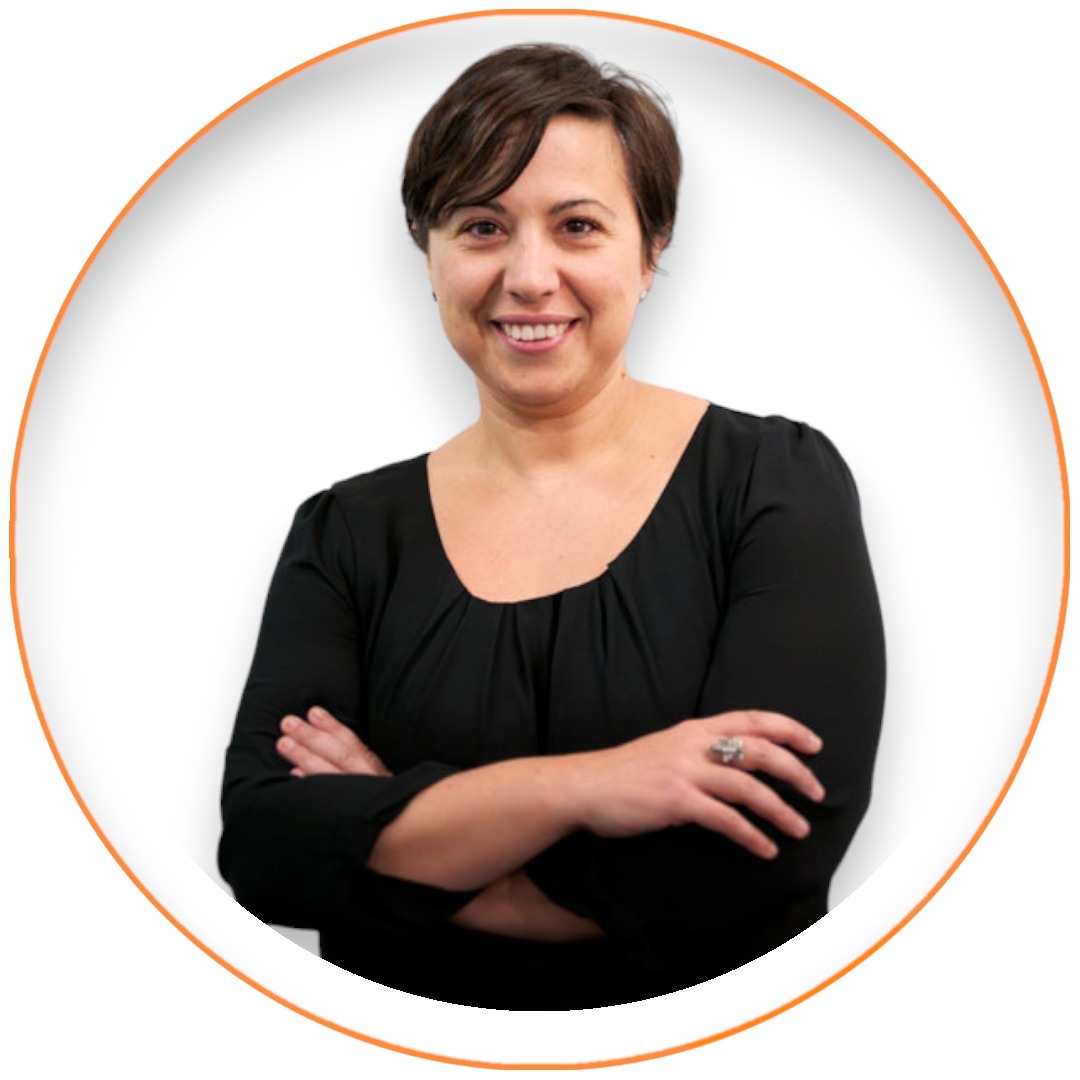
Associate Professor Susanna Guatelli is an international leading expert of Monte Carlo radiation transport simulation codes for radiation physics, including medical applications and radiation protection in Earth labs, aviation and space. She is Theme Leader of "Monte Carlo simulations" in the Centre For Medical Radiation Physics, Physics, UOW.
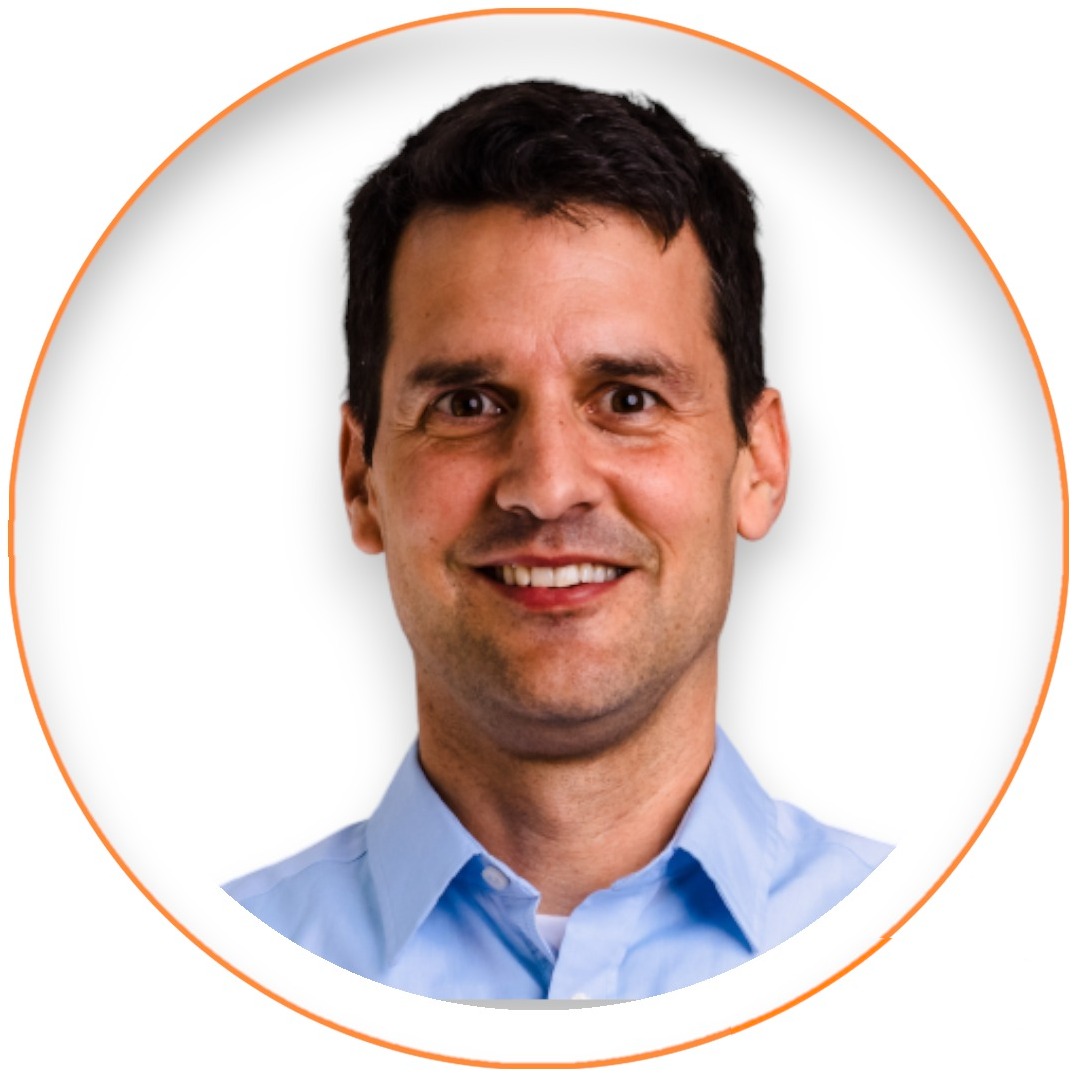
Julien Jomier is a senior software engineering manager at NVIDIA. He leads the developer experience for Holoscan Embedded SDK. Before joining NVIDIA, Julien was director of commercial solutions at Kitware in the US and CEO of Kitware France where he was leading the development of open-source solutions for HPC, computer vision, and medical imaging. Julien has over 20 years of experience in the medical field and was a research lecturer in radiology.

Guillaume Landry is W2 Professor at the Department of Radiation Oncology of the University Hospital of the Ludwig Maximilian University in Munich, Germany. He works on image guidance in radiotherapy, and focusses on the use of deep learning methods. His medical physics research group applies these methods to online adaptive MR-guided radiotherapy and motion management
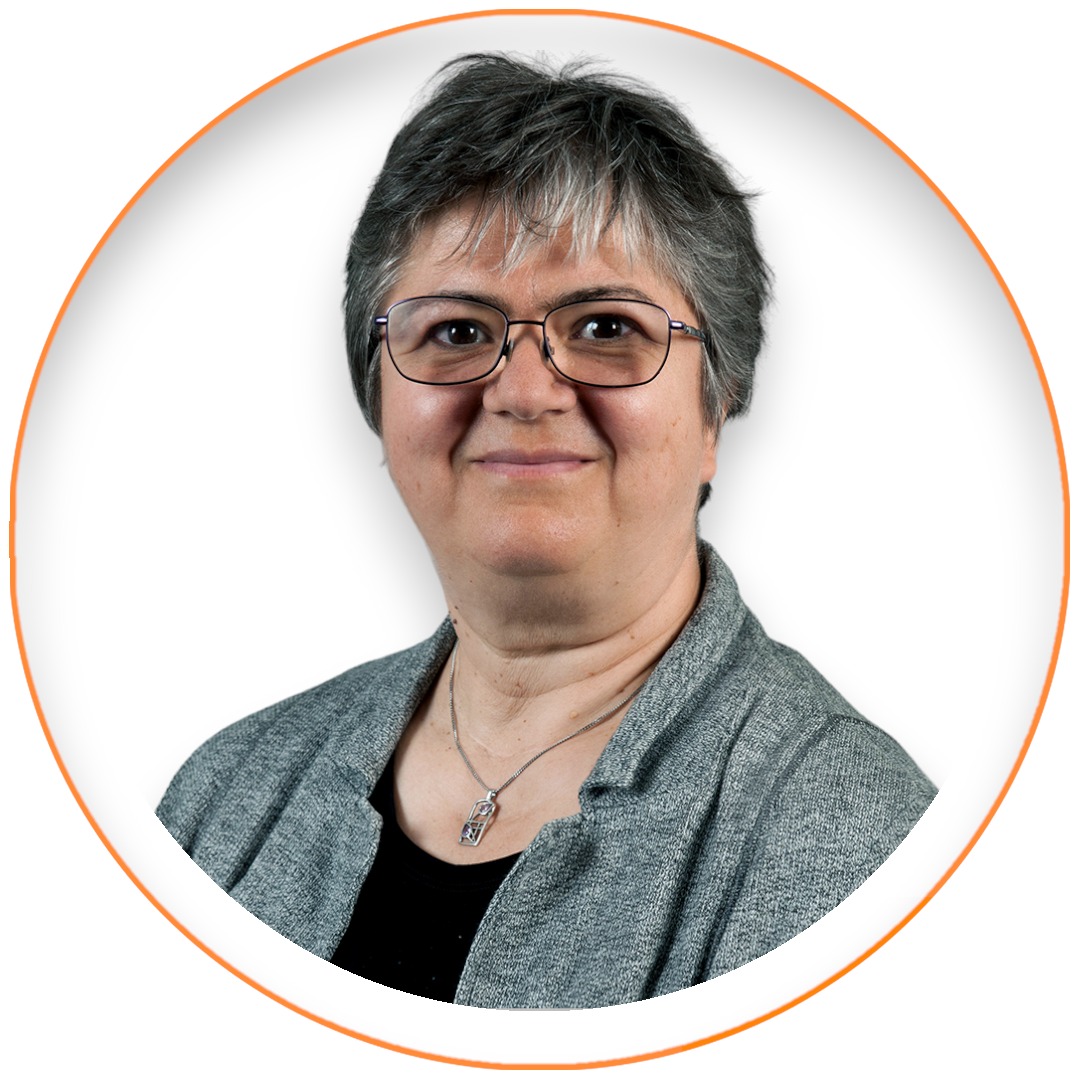
Natalia Silvis-Cividjian is assistant professor computer science at the Vrije Universiteit in Amsterdam. During her PhD work at TU Delft she developed Monte Carlo simulations for electron-matter interactions used for nanotechnology. For more than ten years already she has been teaching Software Testing, with an emphasis on safety-critical systems. She got in touch with the RT field due to Therac-25, a famous computer-controlled linac linked to multiple overexposure accidents in the mid 80's. As a follow up, she experimented with a relatively new framework called Systems Theoretic Accident Model and Processes (STAMP) to investigate recent incidents in RT and conduct a hazard analysis of an existing RT process. The conclusion is that RT software is a powerful, yet obscure player in the game - it can save lives, but when not engineered properly, it can also contribute to accidents. STAMP is a powerful and promising method to prevent these accidents.
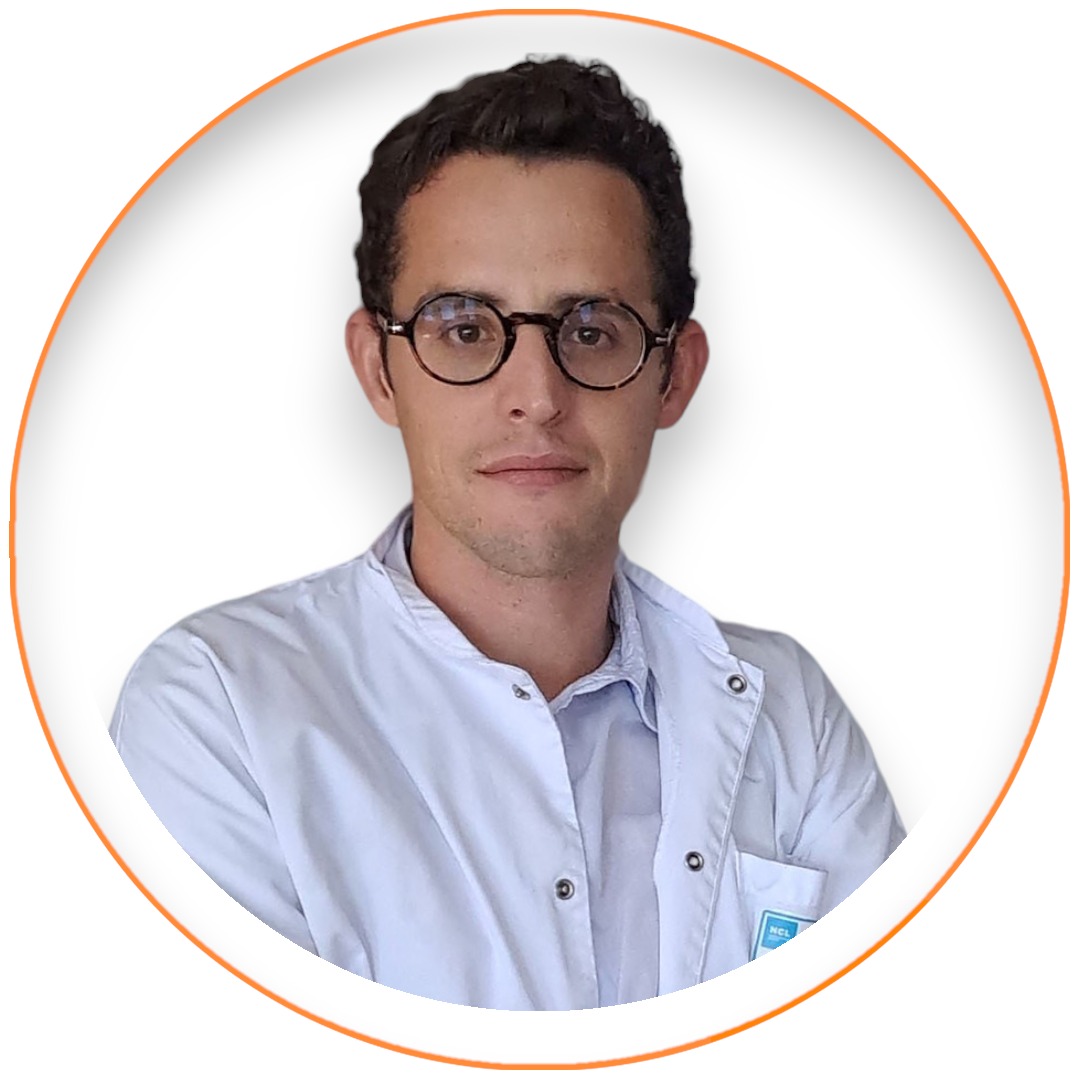
Salim Si-Mohamed is currently assistant professor at University Claude Bernard Lyon 1 in medical imaging. He is a practicing radiologist working in the imaging department of the cardiovascular and thoracic Louis Pradel hospital in Lyon. He is specialized in diagnostic and interventional imaging of cardiovascular and chest diseases, working mainly with CT technology. His experimental research focuses on the development of spectral photon-counting CT and dual-energy CT systems, in combination with the use of novel contrast agents, for cardiovascular and also oncologic imaging applications.
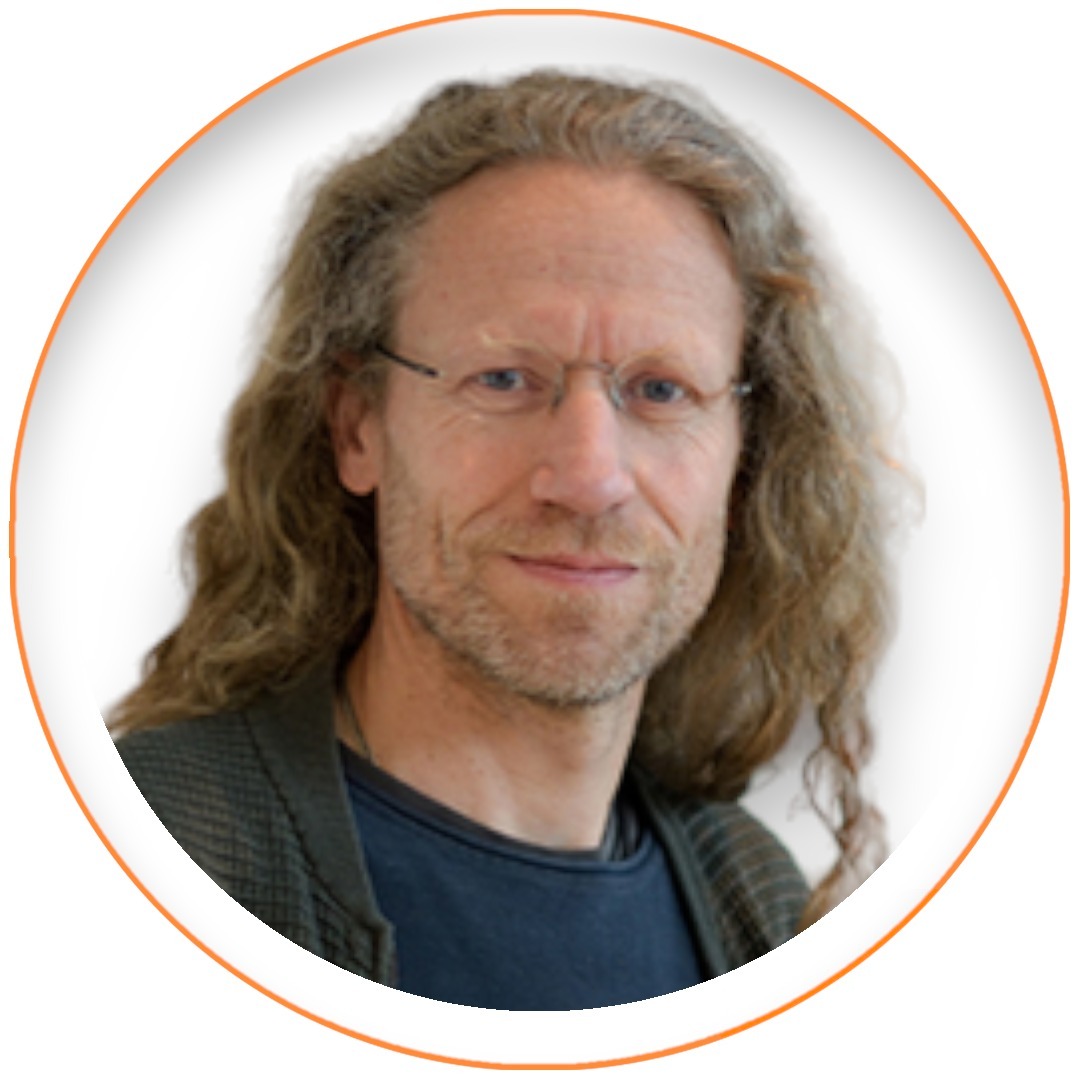
Jan-Jakob Sonke is a full professor at the University of Amsterdam and leads a research group at the Netherlands Cancer Institute on adaptive radiotherapy. This group focuses on using medical imaging to quantify anatomical and functional changes and methods to optimally account for such changes. He is the theme leader of image guided therapy research at the Netherlands Cancer Institute and one of the scientific directors of two labs in the Innovation Center for Artificial Intelligence (ICAI): the AI for Oncology lab and the POP-AART lab.

Dr. Xing is currently the Jacob Haimson & Sarah S. Donaldson Professor of Medical Physics and Director of Medical Physics Division of Radiation Oncology Department at Stanford University. He also holds affiliate faculty positions in Department of Electrical engineering and Molecular Imaging Program at Stanford. His research has been focused on AI in medicine, medical imaging, treatment planning, image-guided radiation therapy. He has made unique and significant contributions to each of the above areas. He is a fellow of AAPM, ASTRO, and AIMBE (American Institute for Medical and Biological Engineering). He is the recipient of the 2023 Edith Quimby Lifetime Achievement Award of AAPM.
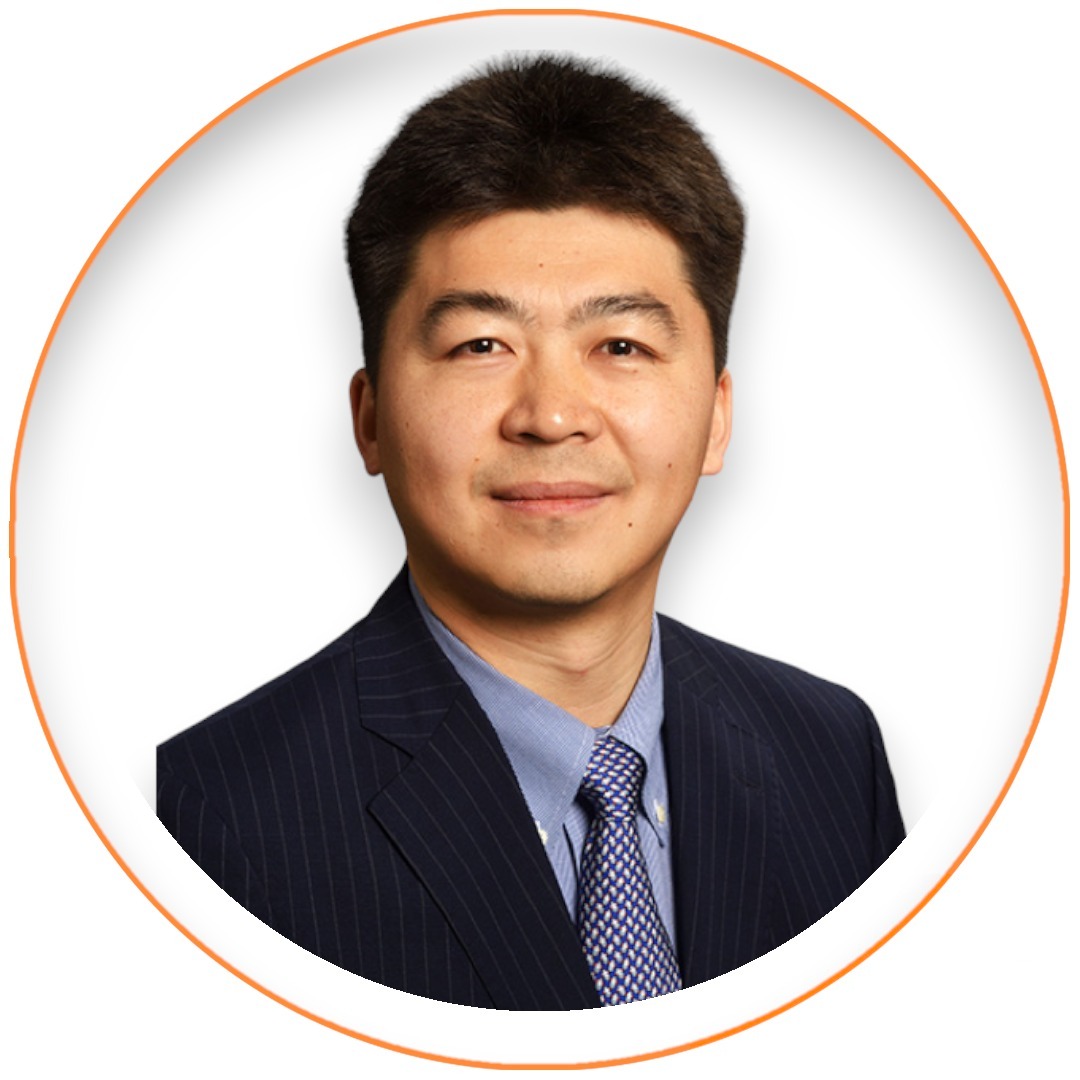
Xiaofeng Yang, PhD, DABR, is Paul W. Doetsch Associate Professor and serves as Vice Chair for Medical Physics Research in the Department of Radiation Oncology at Emory University School of Medicine. Dr. Yang specializes in image-guided radiotherapy, artificial intelligence, multimodality medical imaging, and medical image analysis. He is the leader of the Deep Biomedical Imaging Laboratory, where he and his team focus on developing AI-aided analytical and computational tools to enhance the role of quantitative imaging in cancer treatment and improve the accuracy and precision of radiation therapy. His current research projects include image-guided radiotherapy, motion tracking using real-time imaging, CBCT-guided adaptive radiotherapy, MRI-only based treatment planning, advanced image analysis algorithm development and clinical applications.
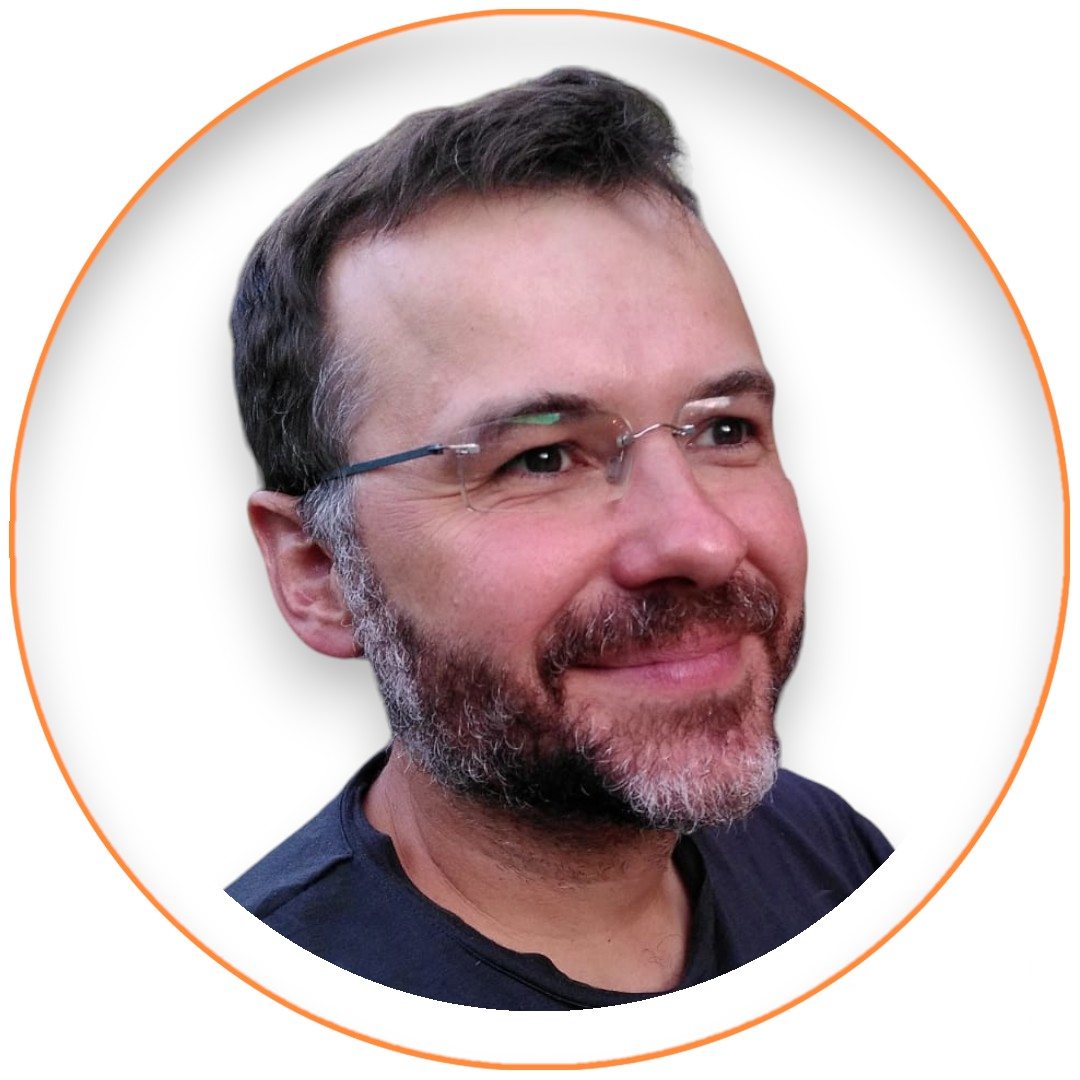
For several years now, deep learning (DL) techniques have been successfully applied to the segmentation of medical imaging. Several pilot studies initially showed the superiority of DL over conventional methods using databases of around one hundred patients. However, far from being the promised panacea, these initial results have raised other issues. Firstly, the generalization of DL methods to larger databases with high variability in shapes, vendors, image quality, and pathologies poses a challenge. Secondly, there is difficulty in producing reliable expert annotations on large databases, i.e., several thousand or tens of thousands of patients. These challenges cast doubt on the ability of DL methods to provide a definitive solution to the segmentation problem in medical imaging. However, recent advancements in artificial intelligence (AI) research, particularly in natural language processing, have revolutionized computer vision and image processing. This has led to the development of new powerful and more generic tools such as foundation models and reinforcement learning methods. Will the application of these tools in our field lead to the definitive resolution of segmentation in medical imaging in the near future? This is the burning question that I will address in my presentation.
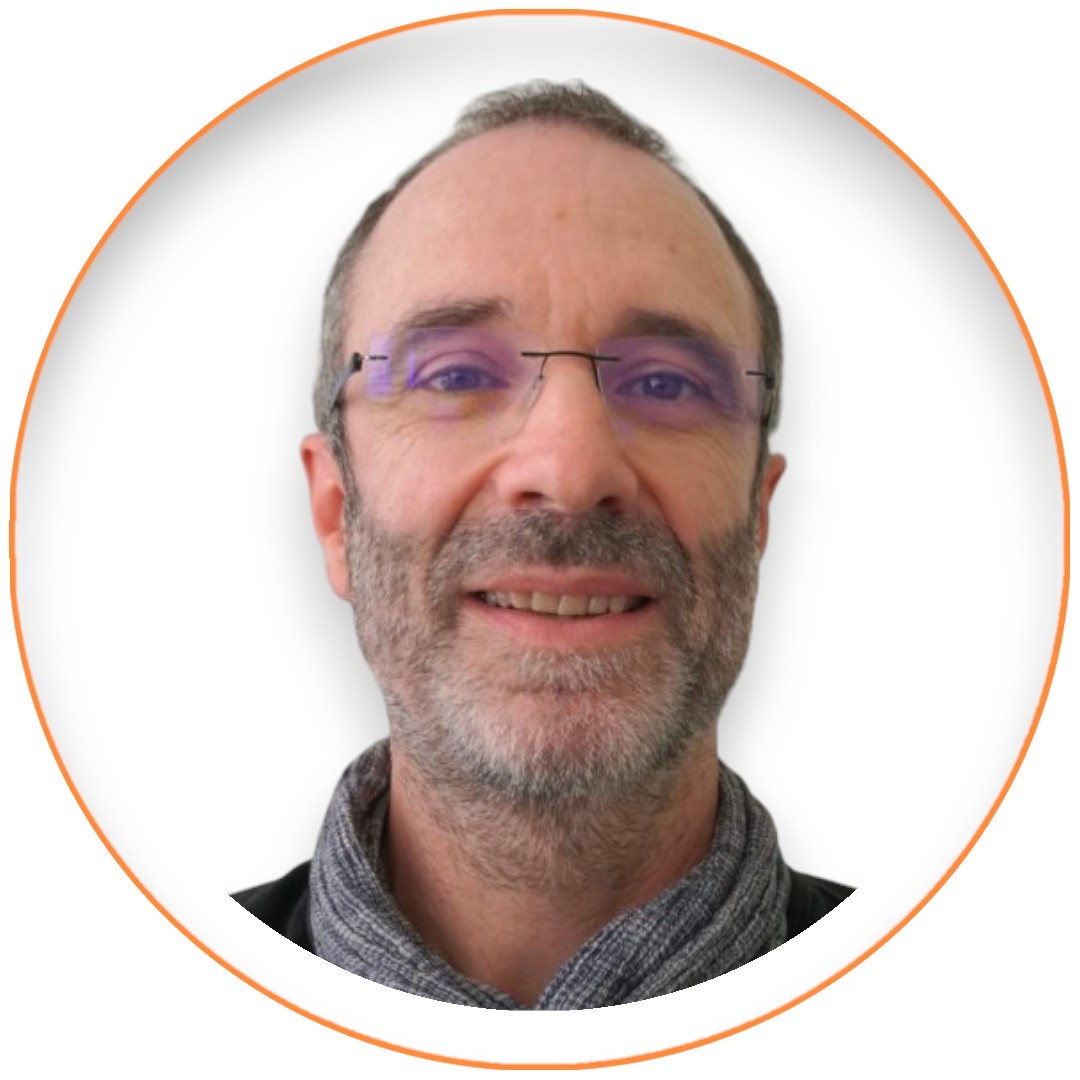
Jean Michel Létang is an associate professor at the INSA Lyon engineering school in the CREATIS biomedical laboratory. His research interests include the development innovative algorithms for image-guided radiotherapy, computed tomography and dosimetry, with a special emphasis on Monte Carlo simulations, variance reduction techniques, and design optimization of ion beam therapy control devices.
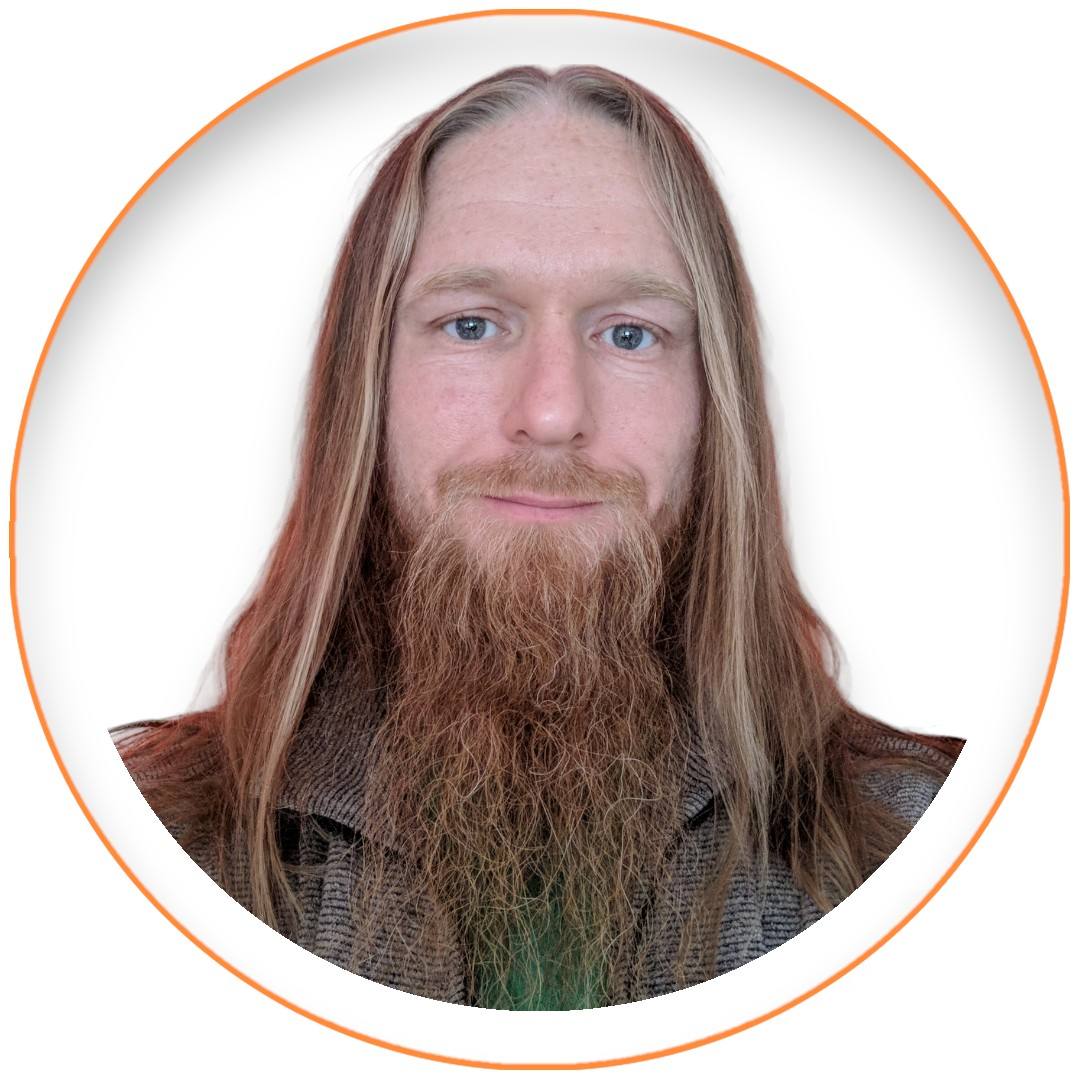
Jamie is an Associate Professor Associate of Radiotherapy Image Computing in the department of Medical Physics and Biomedical Engineering at UCL, and co-lead of the RadioTherapy Image Computing (RTIC) group at the Centre for Medical Image Computing (CMIC). His research focusses on applying state-of-the-art medical image processing and analysis primarily for Radiotherapy related applications, which a particular focus on modelling and compensating for respiratory motion during imaging, planning, and treatment delivery. He has extensive teaching experience at UCL including being the current module lead for the Information Processing in Medical Imaging module and previously a co-organiser of the annual MedICSS summer school. He has lectured at a number of national and international meetings including the ESTRO teaching courses.
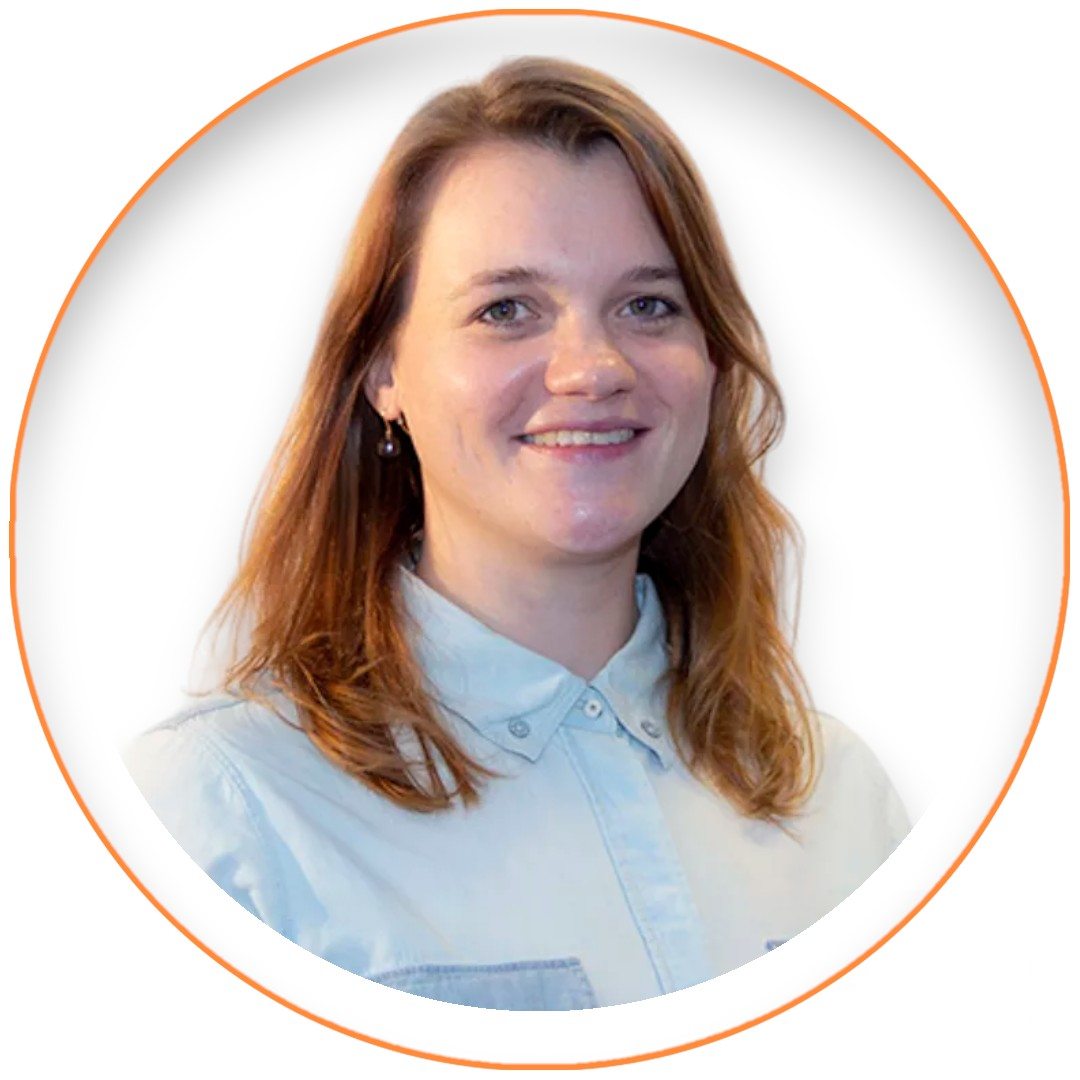
AI has numerous applications in radiotherapy, a field where the complexity of treatments has increased considerably over the years. As these treatments become more intricate, the necessity for thorough treatment verification grows, yet this process can be notably time- and labor-intensive. AI can become a powerful tool in streamlining and improving the efficiency of treatment verification, thereby enhancing the quality of radiotherapy. This teaching lecture aims to explore this subject in depth, offering insights into the potential of AI for treatment verification within the realm of radiotherapy.